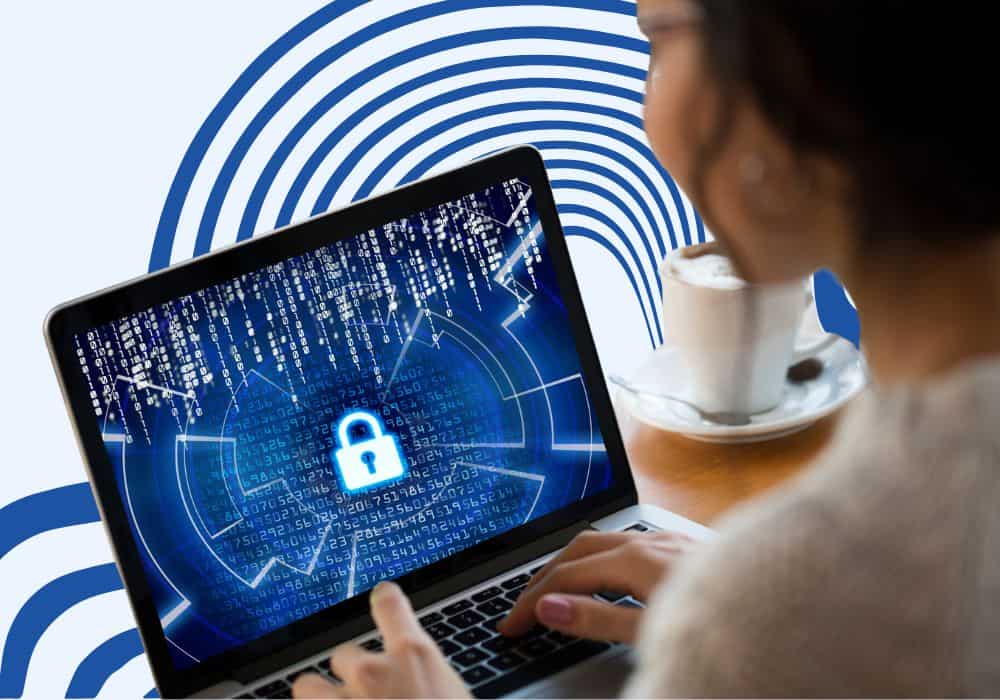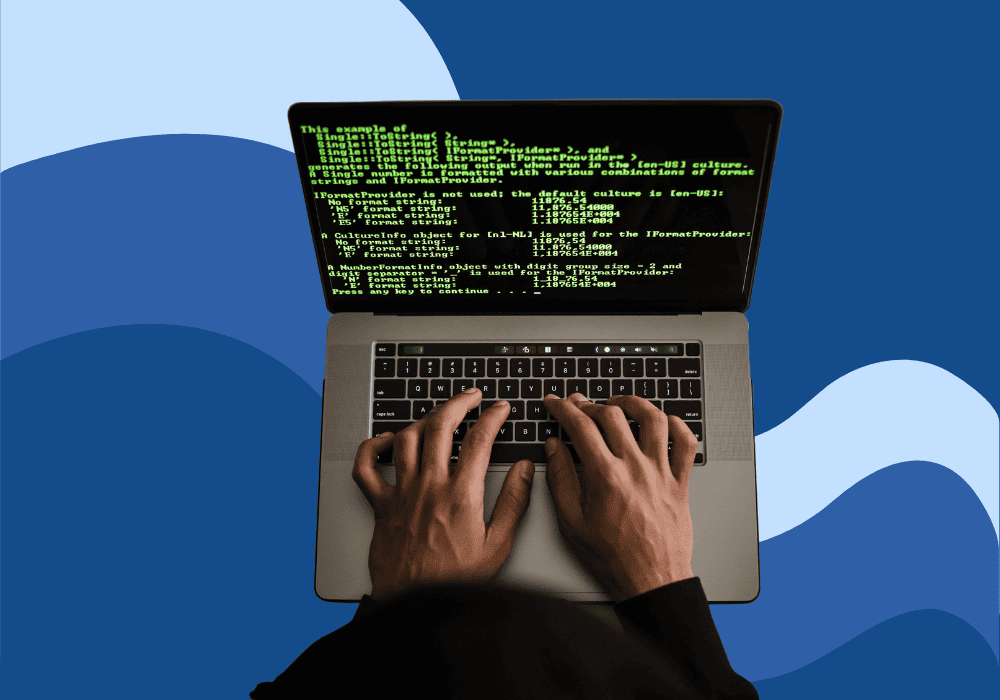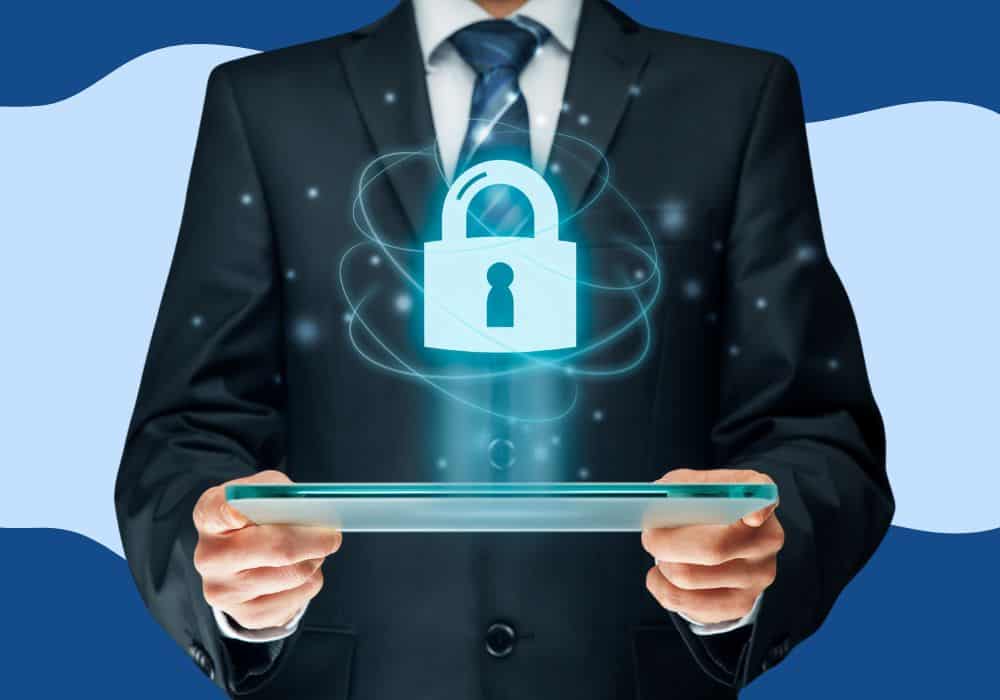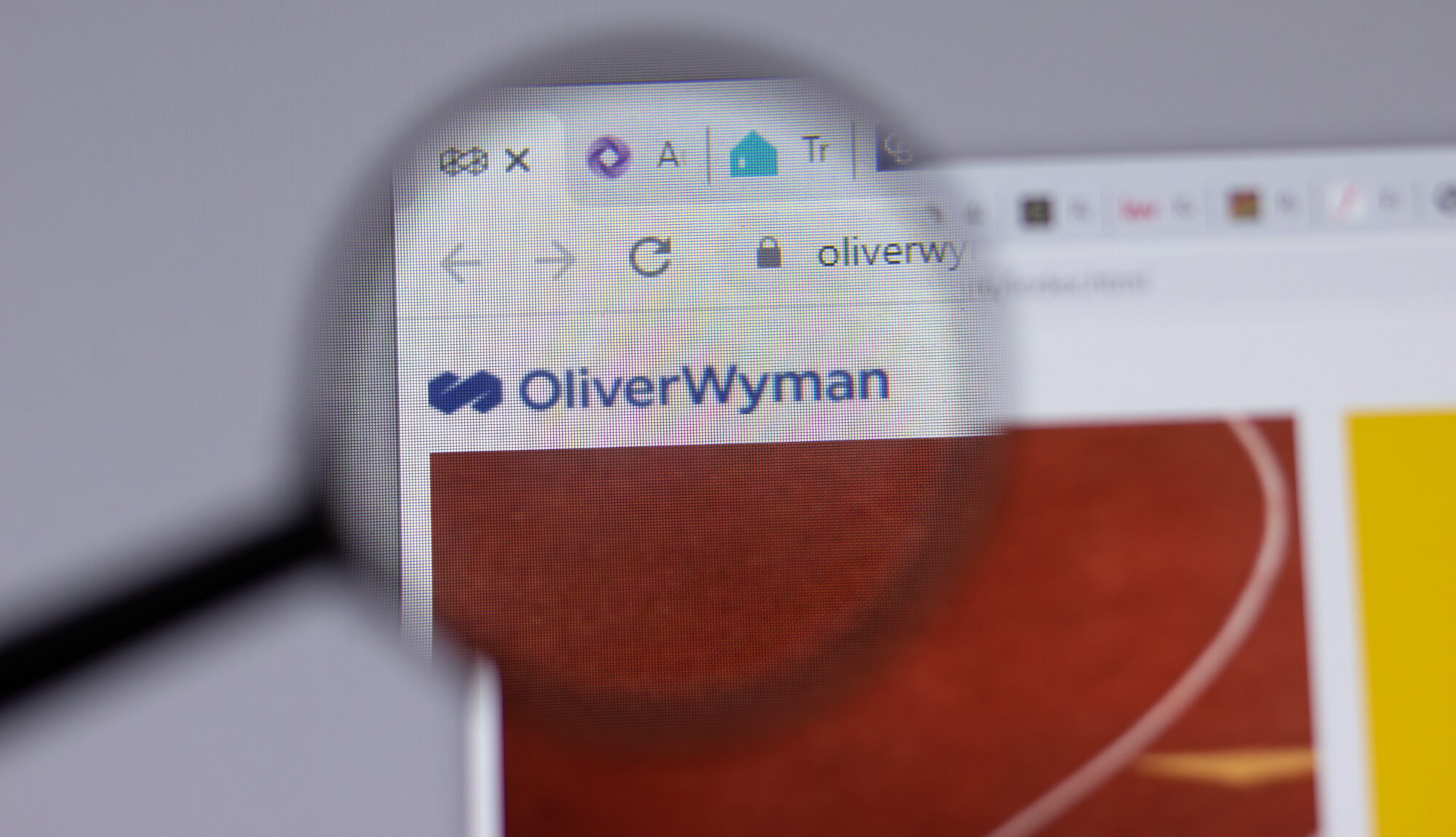Find a Career You Love
The tips, tools, and resources you’ll need to get a great job, all in one place
Explore Top Companies
Read Our Latest
-

The Job Personality Quiz Everyone Should Try This Winter
Winter break is here, and let’s be honest, so is that low-key panic about what comes next. The pressure to choose the “right” job or career path is always there, even when you’re just trying to rest, and it’s often tied to not really understanding your job personality yet. But what if this quiet stretch…
-

How to Get Into Sales With No Experience
Sales can be a highly lucrative, rewarding career path — and one that doesn’t necessarily involve years of formal education or experience. If you’re new to the workforce and looking to land a role where you can advance quickly, work with others, and see the direct impact of your work, sales might be the right…
-

How to Get Into Finance With No Experience
Finance is all about the money. Literally. The finance career path focuses on managing the money of corporations, individuals, government organizations, banks, and more. It’s all about the money when it comes to payday, too. Finance is typically a highly lucrative career path — even in entry-level roles. Yet it can also be stressful and…
-

How to Get Into Cybersecurity With No Experience
Cybersecurity is a booming technical career path. As more companies move their data, processes, and systems online, they need cybersecurity professionals to help ensure their information is secure. However, because this field is growing and evolving, it can be challenging for entry-level professionals to know how to get into cybersecurity with no experience. In this…
-

How to Get Into Tech With No Experience
Technology (or tech) is a great career path if you’re interested in solving problems, innovating, and using technical skills. It’s a growing field with many opportunities — but how exactly are you supposed to break in without experience? Because the tech industry is innovating and ever-changing, there are many entry-level opportunities that don’t require work…
-

9 Highest-Paying Sales Jobs: Which One Is Right for You?
Sales can be an exciting, challenging career path — especially if you enjoy solving problems, talking to people, and helping others. And since sales is all about the money, it’s only natural to consider how much money you can make from the career path. We’ve compiled the highest-paying sales jobs so you can learn what…
-

Cybersecurity Careers: Types, Quiz, and How to Land One
If you want to be at the forefront of our increasingly digital world, look no further than cybersecurity careers. As companies use more new programs, devices, and technology to communicate crucial business information, ensuring that data is secure is of the utmost importance. That’s where cybersecurity professionals come in. While cybersecurity professionals all work to…
-

Which Data Science Careers Are Right for Me?
Data science is an ever-growing, exciting career path for people who love math and science. If you’re a student looking to enter an innovative and analytical field, data science might be a good fit. While all data science careers focus on, well, data, how they work with that data depends on their type of role.…















